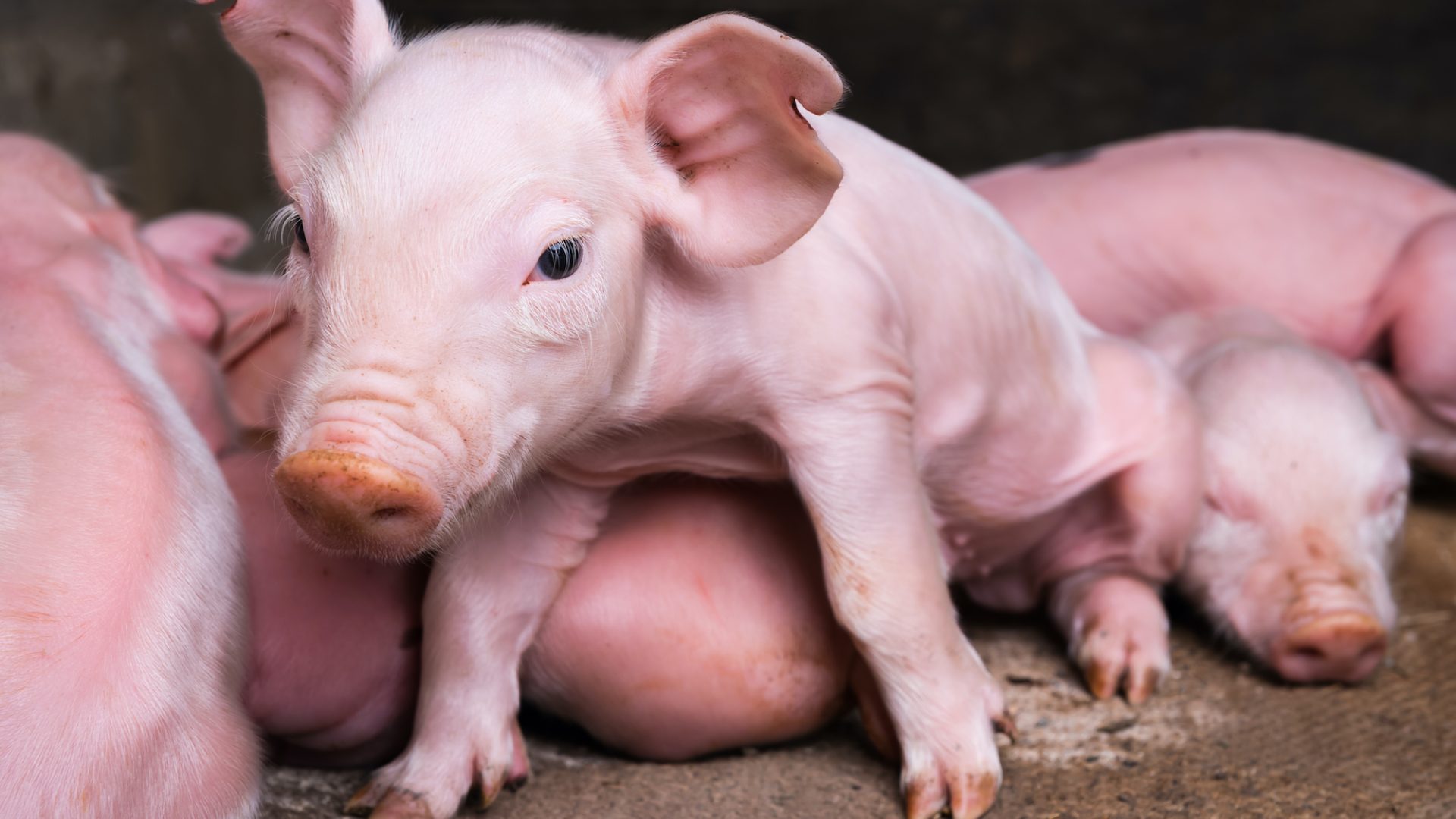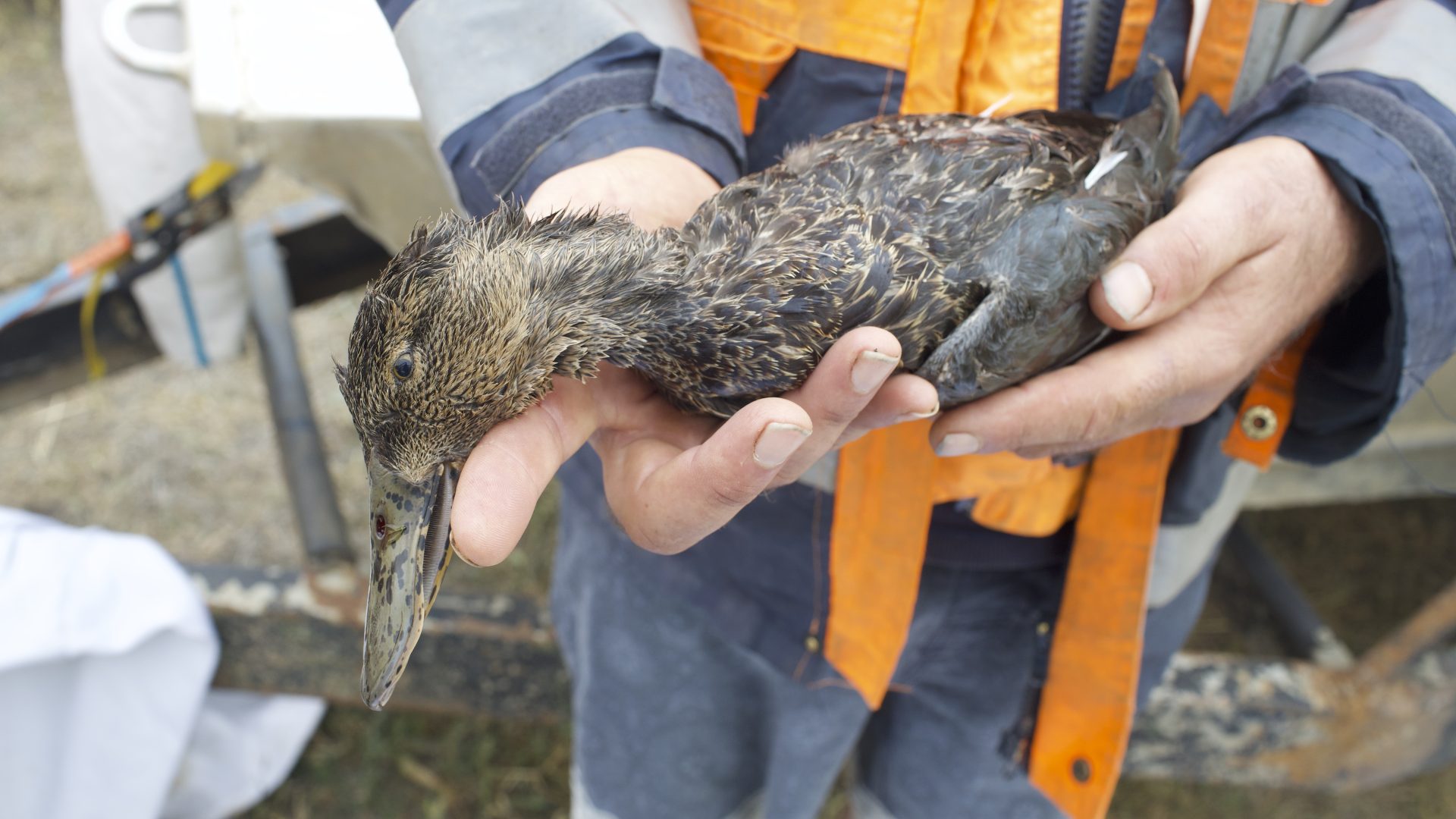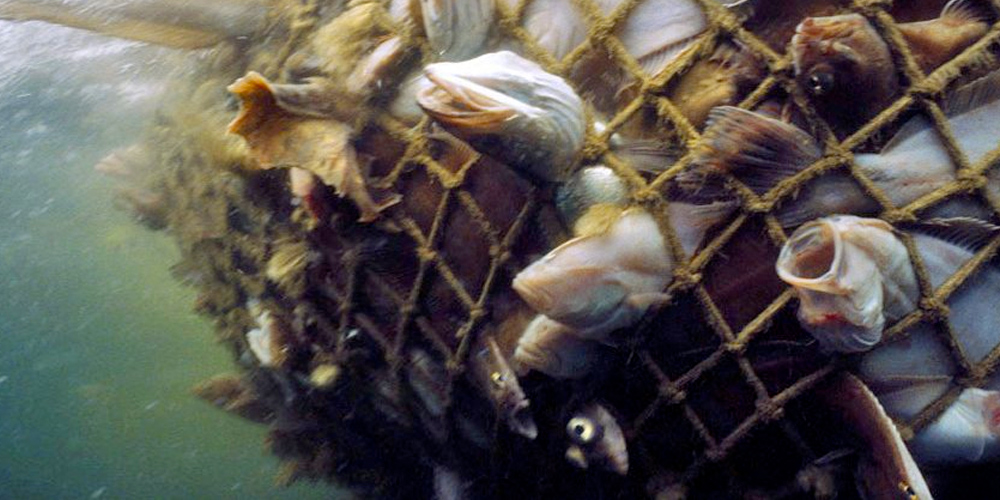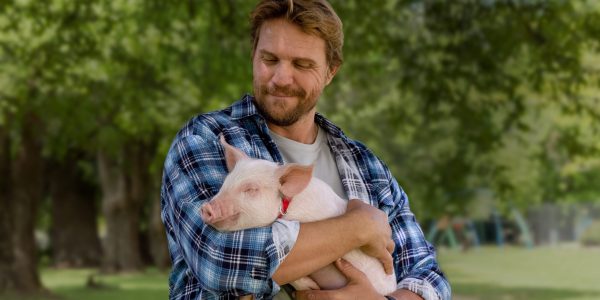You may wish to comment on the following (please do so in your own words):
On duty of care (question 10)
Duty of care must apply not only to “the owner” but to any person in charge, consistent with other jurisdictions and public expectations e.g., a pet day care operator, a pet sitter, a kennel operator, they are not the owners of those animal but they still have a duty of care because they are ‘a person in charge’ . This provision must encompass the Five Domains of animal welfare and be updated to ensure explicit care requirements.
On ill treatment of animals (question 11)
Strict penalties for animal cruelty are important but to give these effect, these penalties must be applied to their full extent. This does not happen currently.
On prohibited activities or items (question 12)
South Australia should prohibit the following activities under the act:
- Greyhound racing
There is overwhelming and longstanding evidence of animal cruelty in greyhound racing.
- Recreational duck shooting
There is overwhelming and longstanding evidence of animal cruelty in recreational duck shooting and there is no possible justification for the continued suffering of animals purely for a select few individuals to engage in killing animals ‘as a hobby’
- Extreme confinement of farmed animals
There is no possible justification for the continued extreme confinement of animals in these systems when commercially viable alternatives have long been available.
- Painful invasive procedures are routinely carried out on farm animals
There is sufficient evidence indicating that these painful invasive procedures (e.g. tail docking & mulesing of lambs, tail docking and teeth clipping of piglets) cannot be justified, should be prohibited outright.
- Inhumane methods of killing farm animals must be prohibited
These include bludgeoning of live piglets against hard surfaces, shredding of live male chicks in macerators, and CO2 gassing of pigs.
I support the South Australian Government’s decision to ban jumps racing but provisions (2) (c) and (d) should be removed. Expressly condoning the publishing and advertising of jumps racing, an activity which has been prohibited on animal welfare grounds, runs contrary to the objects of this Act.
Special requirements for greyhound racing entities (question 13)
Mandatory reporting requirements for the greyhound racing industry is a step towards greater transparency, however the government should take the step to include greyhound racing as a prohibited activity and ban it in the state.
Exemption for fishing activities (question 14)
By exempting aquaculture and fishing activities, South Australia is exposing millions of animals to unacceptable fear, pain, and distress, contrary to the objects of this Act. Fishing causes multiple levels of animal suffering including fear, fatigue, exhaustion, decompression and trauma from changes in pressure, temperature shock, distress from changes in water balance in the body, physical trauma and injury, pain, and prolonged inhumane death.











